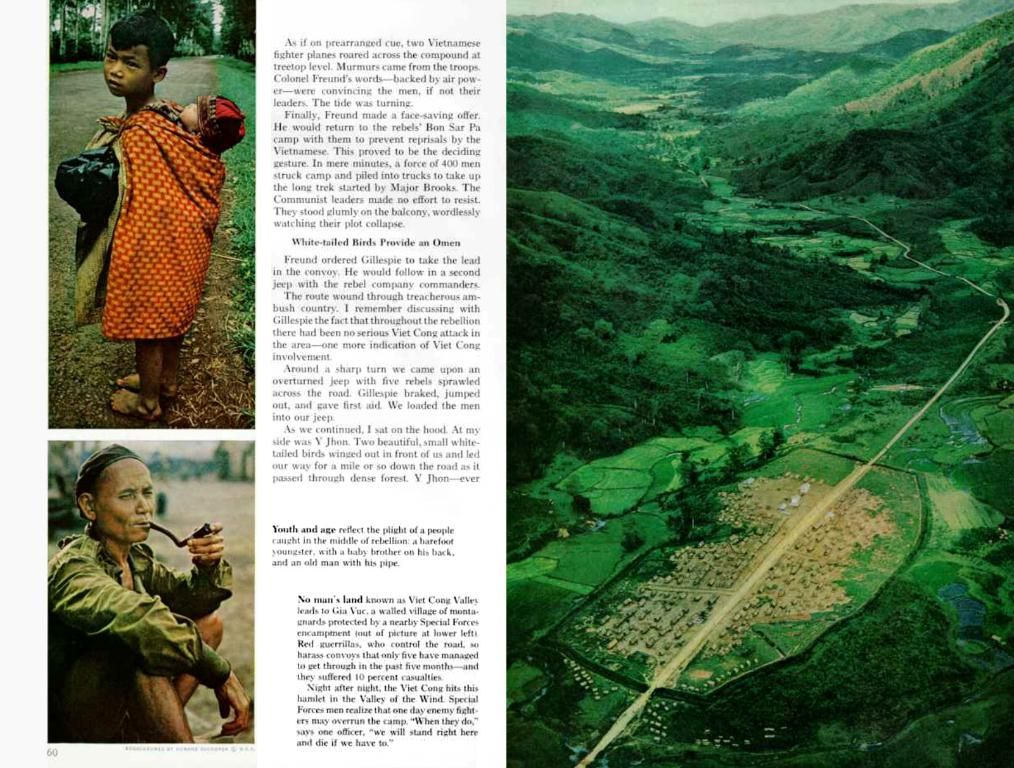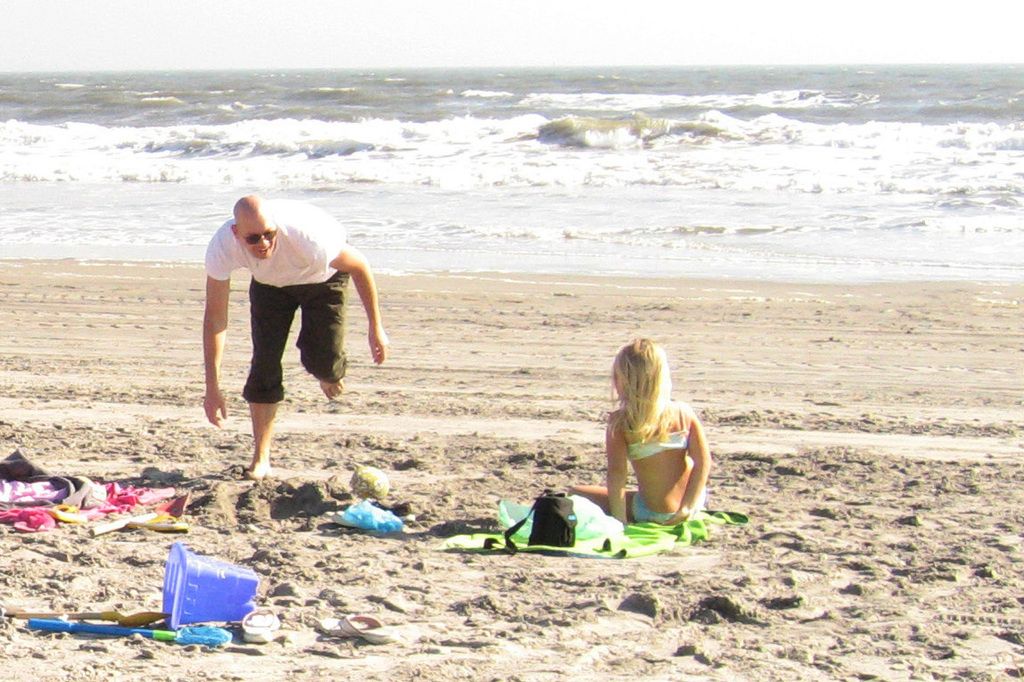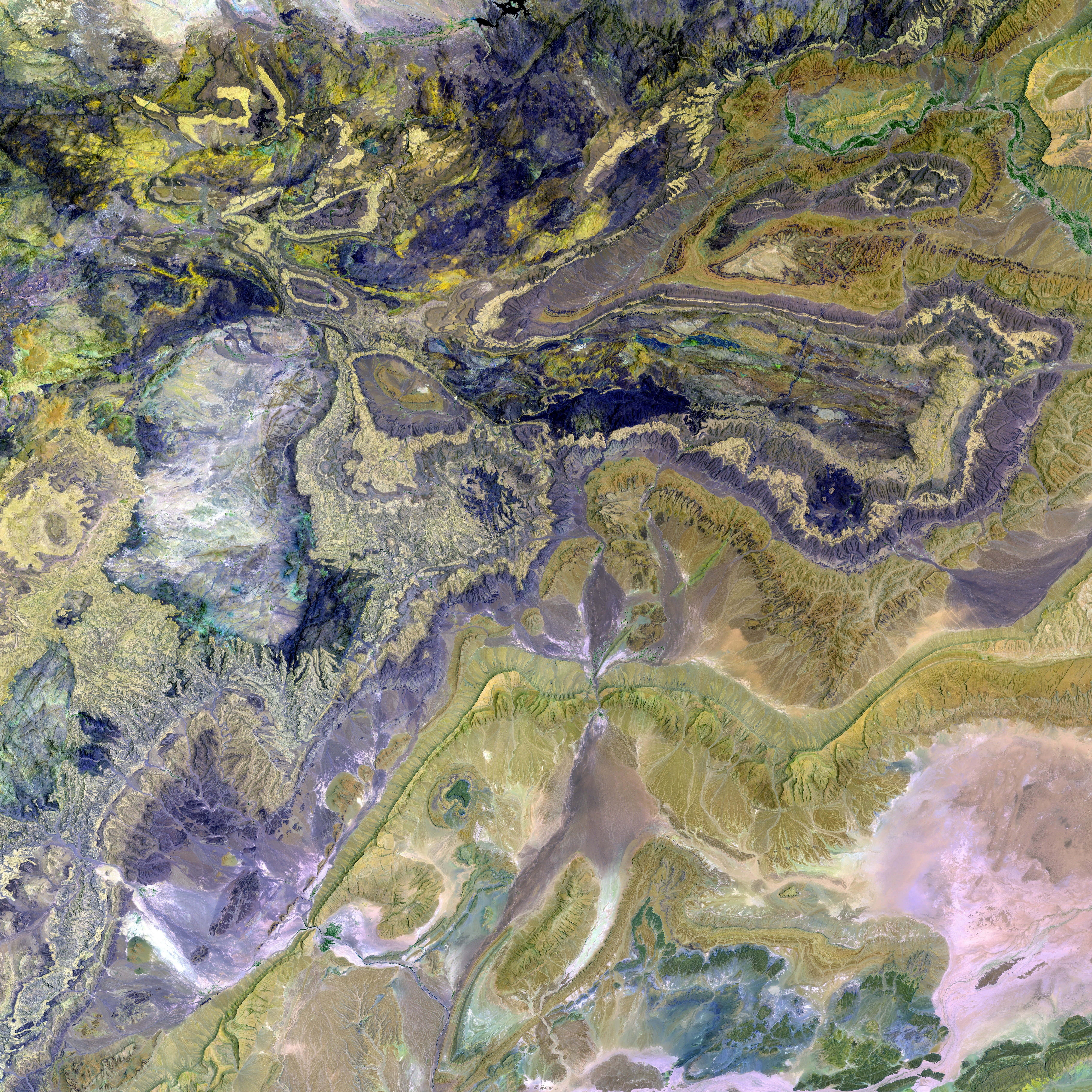Macau sets goals to decrease gambling dependency issues
In Macau, a push towards diversifying its economy begins with the announcement of four substantial infrastructure projects. An investment volume totaling 4.2 billion EUR will be directed towards these initiatives, aiming to reduce the region's dependence on gambling. According to the Chief Executive, Sam Hou Fai, these developments are crucial given the growing competition in gambling across Asia and the challenges posed by international economic trends.
Since its handover from Portugal in 1999, Macau operates as a Special Administrative Region (SAR) of the People's Republic of China. This status allows it to maintain its own legal system, currency, independent customs and tax policies, and extensive economic and political autonomy. As part of the Greater Bay Area, Macau enjoys special promotional conditions that include duty-free status as a free port and the special regulations of the Hengqin Cooperation Zone.
The Macau-Hengqin International Education City, the most significant project, has been allocated nearly 22 billion EUR. This complex will serve as the new campus of the University of Macau, with operations set to commence in 2028. The second phase will see the University of Tourism expand into the new university city. The initiative aims to train highly skilled professionals, particularly in tourism, leisure, and international cooperation, making Macau a potential regional leader in education.
An international cultural and tourism quarter, planned for a location between the Macau Peninsula and Taipa, is projected to cost approximately 13.2 billion EUR. This district will house a National Museum, an international center for performing arts, and a museum for modern art, aiming to showcase Macau as a cultural hub in Asia. Construction is expected to commence within the next two to three years.
With a budget of around 6.6 billion EUR, the Macau International Airport expansion aims to establish Macau as an international aviation hub in the western Pearl River Delta. Additionally, cooperation with the Zhuhai Jinwan Airport in the nearby city of Zhuhai will strengthen cross-border e-commerce and high-tech industry logistics within the Greater Bay Area.
Lastly, the Macau Technology R&D Industrial Park is expected to attract research centers from international corporations, fostering innovation and encouraging long-term technological growth in the region. Studies on site selection, operating forms, and political support are currently ongoing.
To support these projects effectively, Macau plans to develop new civil and economic laws tailored for the Hengqin cooperation zone. This move is expected to boost investor confidence by providing higher legal certainty, predictability, and stability. Cross-departmental project management is achieved through six interdisciplinary steering committees and working groups.
Macau's Chief Executive emphasized the importance of leveraging the Hengqin zone to attract international companies and reduce the region's economic reliance on gambling. As competition increases in tourism and gaming, it is vital for Macau to strengthen connections with neighboring cities and promote real economic activities in Hengqin.
What about the role of technology in these infrastructure projects? Will the Macau Technology R&D Industrial Park foster innovation and long-term technological growth, playing a significant part in Macau's diversification strategy?










